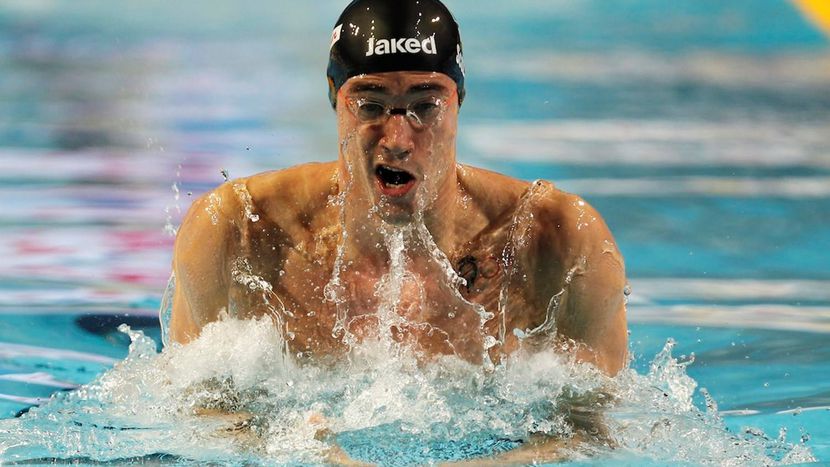
Baku European Games: A Competition Too Far?
Published on
Translation by:
Marion JungWith the Commonwealth, Pan American, African and Asian Games… everyone is entitled to their continental Games. And from now on, so is Europe. The first European Games started on the 12th June in Baku, in Azerbaijan – a country that spent enormous amounts of money on these Games in order to make it a big celebration.
Six hundred athletes coming from about fifty countries, nearly twenty disciplines and over 250 events…. A golden occasion that Baku couldn’t miss since Azerbaijan, a wealthy country with Olympic ambitions, sees the possibility to obtain proper credibility within the Olympic and sporting worlds with these European Games.
“The Azerbaijan is one of these authoritarian countries that have money and buy themselves international credibility in sport, like Russia and Qatar”, explains Denis Masseglia, president of the French National Olympic and Sporting Committee (CNOSF), on France Tv. In other words, Azerbaijan has spared no expense to buy this credibility with a budget estimated at 1.25 billion dollars, allowing therefore the construction of five sites, amongst which lies one arena containing 66 000 seats and the first Olympic swimming pool of the country. These infrastructures might allow the country to host an even bigger event in the near future. Azerbaijan, that failed in obtaining the hosting of the 2016 and 2020 Olympic Games, could then soon try its luck again. If this first edition of the European Games meets its expected success, Baku could apply for the Olympic Games of 2024.
As far as sport is concerned, these first Games have started with a handicap, weakened by a fully-planned schedule and some complications in several disciplines. Indeed, although the events of judo and wrestling will be of use for the European championships and several disciplines will serve as quota (like triathlon) or points (like cycling) in the candidacy for Rio, other disciplines have decided instead not to take part in this competition. This is the case for instance for the athletics and swimming Federations that are represented in Baku by young sportsmen or second class athletes. This choice can be justified by the occurrence of the world championships next July and August, as well as the European ones in the following year. However, the lack of celebrities does not help enhance the sporting interest in these games.
While the competition is still in full swing, and is until the 28th June, the future of the European Games is already being questioned. The Netherlands reneged on Wednesday 10th June – two days before the opening of Baku Games- from the organisation of the second edition scheduled for 2019. The government refused to finance this event that has according to him “no guarantee” of reaching a sufficient sporting level. “This money would then not be dedicated to other sporting events of a high level in The Netherlands”, clarified the government in a press release.
With the behaviour this year of, for instance, the swimming and athletics Federations, the facts don’t actually deny the accuracy of the Dutch government’s vision and it wouldn’t be a surprise to see that several disciplines keep sending second class sportsmen – making an event like this one far less attractive and therefore becoming much less profitable for the host cities. As for Baku, located in a wealthy country full of vast natural resources in oil and gas, the European Games only represents a springboard for higher aims.
Translated from Les Jeux Européens de Bakou, la compèt' de trop ?



